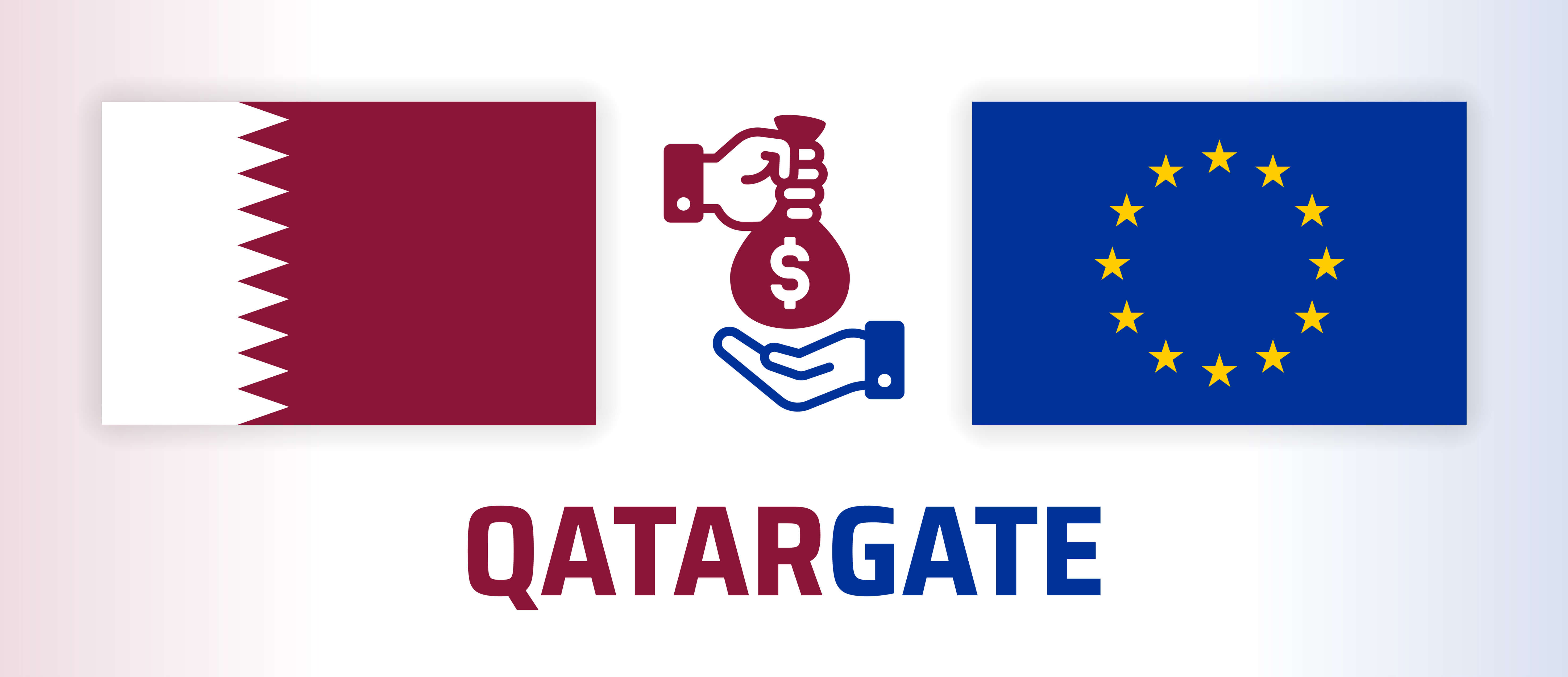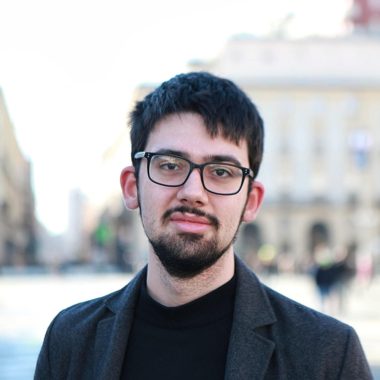You would barely know it from the US media, but the European Union is currently in the midst of it’s worst-ever scandal. It all has to do with reports that we did see about the exploitation of foreign migrant workers who built the sports complex that housed the recent World Cup in Qatar.
As Belgian newspaper Le Soir revealed last December 9th former MEP (member of the European Parliament) Antonio Panzeri, the vice-president of the EU Parliament Eva Kaili, her husband and Panzeri’s assistant Francesco Giorgi were in the middle of a major corruption scheme right inside EU institutions, involving many other MEPs from Italy and Belgium and even the head of International Trade Union Confederation Luca Visenrini.
Countries such as Qatar and Morocco sought to influence EU policy by providing legislators and staff with expensive holidays and other gifts, according to legal documents seen by the Financial Times. A series of police raids in early December recovered €1.5 million in cash.
The countries who financed Panzeri and the others were Qatar and Morocco, the first willing to cleanse its image on human rights violations before the FIFA World Cup, the second for some benefits on visa restrictions, fishing areas and for the recognition of the disputed sovereignty over the Saharawi region.
The corruption scheme, which according to Belgium prosecutors was managed by Panzeri, allowed bribes coming from the aforementioned countries to go directly inside many MEPs’ pockets. Right now all these have been spotted inside the Socialist and Democratic Party (SDP), but few MEPs from the other major party in the EU Parliament, the center-right European People’s Party (EPP), have used this as a tool to delegitimize their colleagues.
According to rumors, Manfred Weber, EPP’s group leader, told his MEPs to stay quiet due to possible new evidence showing the EPP was involved. They don’t want it to backfire.
They might be right about it, because the Belgian prosecutors have not issued a lot of statements, and they seem pretty cautious about communicating too much to the media.
Right now the investigation seems limited to Panzeri’s inner circles, but voices go up and down and everywhere newspapers are already reporting alleged new corrupted MEPs, who everytime deny, threatening to denounce editors for defamation.
Someone has already called it the “Italian Job” due to the large number of Italians involved and to the never-ending stigma of a corrupted people. But Italian PM Meloni, who is also the leader of the far-right European Conservatives and Reformists Party (ECR), replied harshly, “It’s rather the Socialist and Democratic job, as there are SDP’s MEPs from much more than one nationality involved.”
Indeed even though right now the noise is not so high around the SDP, the national parties that are part of this European alliance are obviously aware of how bad it could end. The Italian Democratic Party, a member of the SDP, called an urgent meeting of its leadership as soon as the scandal broke out, deciding to suspend Panzeri and the other MEPs involved from party membership.
This scandal could be a huge stigma on the European center-left, as no right-wing politician has been identified among the corrupts. But being on average the center-left the most supportive of EU and European integration this scandal could and probably will strengthen the anti-EU grip on the general public, the same one that led to Brexit. The EU could be about to lose every single point of reputation gained during the Covid with its recovery strategy and that could probably cause, if not the ending, a big delay in European integration towards that dream of many European politicians of the United States of Europe.
Author
-

Dario Pio Muccilli is the Star-Revue’s Italian correspondent, based in Turin. Email him at muccillidariopio@gmail.com
View all posts
Dario Pio Muccilli is the Star-Revue’s Italian correspondent, based in Turin. Email him at muccillidariopio@gmail.com










